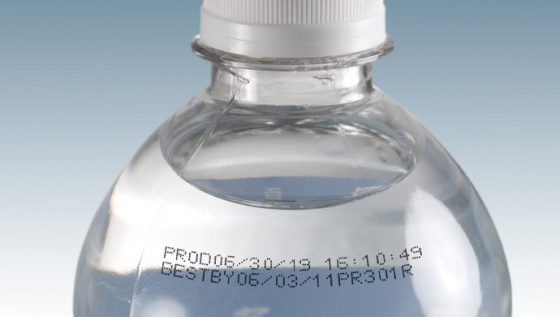A naturally derived antibiotic that helps preserve food by killing any threatening pathogens has kept our food safe for decades.
The
World Health Organization and even
watchdog groups have classified this additive, called nisin, as safe. Nisin is a lantibiotic—a peptide-derived antimicrobial agent synthesized from its natural form—first
discovered in 1928 and commonly used in products such as cheese, beer, processed meats, and dipping sauces.
Nisin is made when bovine milk or whey is
fermented by strains of Lactococcus lactis that are concentrated and processed into small particles. In addition to being used as a food preservative, nisin can be found in beauty products, pharmaceuticals, and pet products.
However, new research raises concern about whether nisin could be harmful to the human gut microbiome—the community of bacteria, viruses, fungi, and other microorganisms that work symbiotically to help with body functions such as digestion and immune response.
Potency of Lantibiotics
A study published in ACS Chemical Biology examined human gut bacteria genomes to identify those that resemble nisin. Researchers then produced six lantibiotics, including four new ones, and tested them on microbes. While the researchers found that these new candidates kill pathogenic bacteria, they also discovered that they have varying effects on commensal (favorable) microbes, too.
“Even though it might be very effective in preventing food contamination, it might also have a greater impact on our human gut microbes,” lead author
Zhenrun “Jerry” Zhang, a postdoctoral scholar and director of the Duchossois Family Institute at the University of Chicago, said in a statement.
…click on the above link to read the rest…




